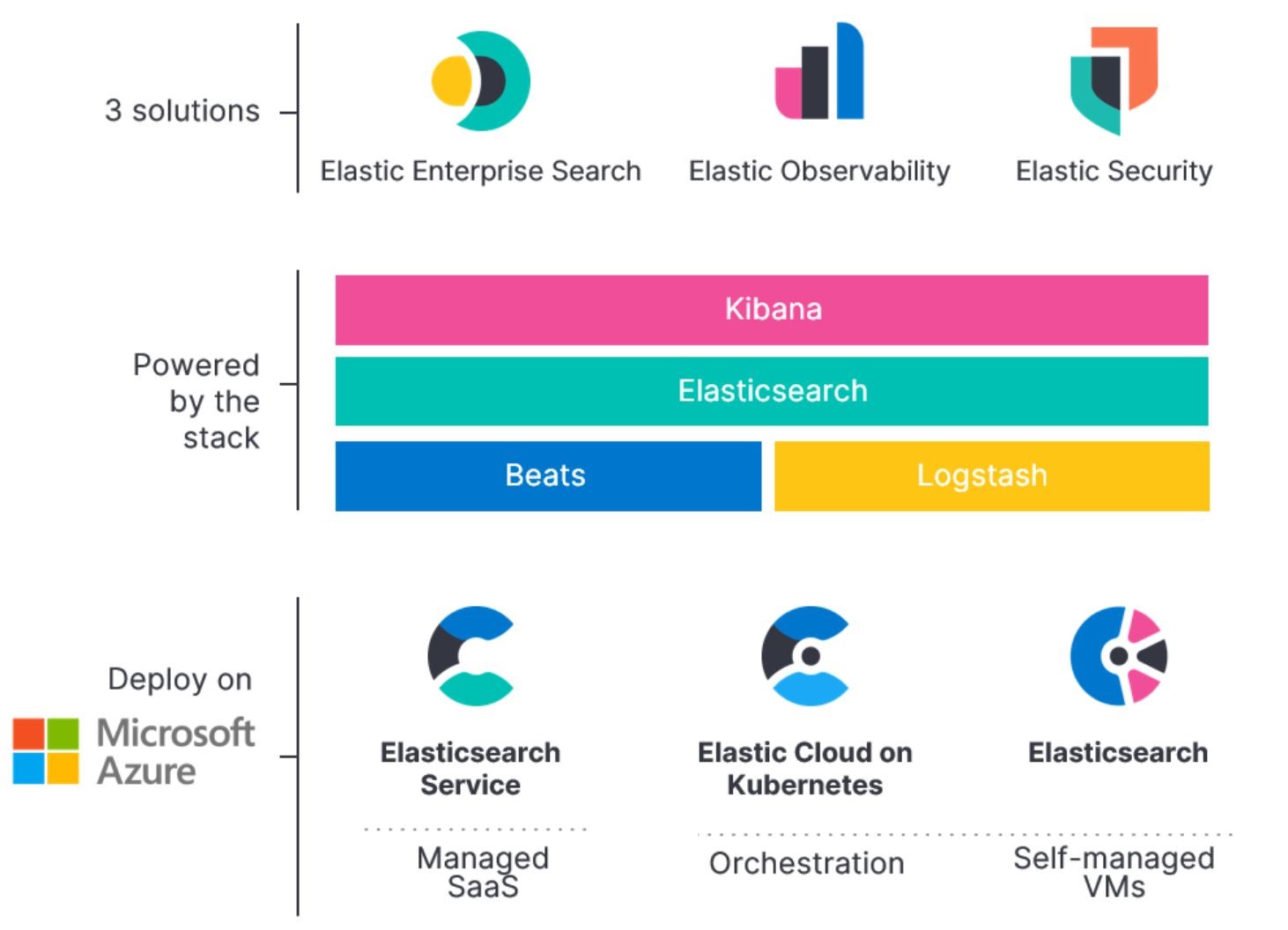20
May

I’m announcing that Azure has achieved adherence to the EU Cloud Code of Conduct (EU Cloud CoC), developed for cloud providers to align with the EU’s General Data Protection Regulation (GDPR). The EU Cloud CoC is the first GDPR code of conduct that has received the European Data Protection Board (EDPB) positive opinion, which was followed by final approval led by the Belgian Data Protection Authority. The EU Cloud CoC also marks the 100th compliance offering for Azure, more than any other cloud provider, providing customers a high level of assurance through controls, evidence, and verification.
The EU Cloud CoC serves as a basis for implementing the requirements of Article 28 of the GDPR for cloud providers acting as business-to-business processors under the GDPR. Because the EU Cloud CoC is approved by the EDPB, Azure customers can use Azure’s adherence to help demonstrate their own GDPR compliance, as well as cite it as a risk mitigator in a GDPR Data Protection Impact Assessment (DPIA). Article 40 of the GDPR specifically encourages the creation of codes of conduct, so as “to contribute to the proper application of the regulation.” SCOPE Europe acts as the independent monitoring body of the EU Cloud CoC.
“This
20
May

This post was co-authored by Rohit Tatachar, Senior Program Manager.
With the ever-increasing adoption of cloud-based solutions, and the incredibly complex make-up of the application architectures; the ability to effectively manage, orchestrate, and monitor the scenarios for search, security, and operations are becoming very critical for the success of the businesses.
As part of Microsoft Azure’s commitment to empowering customers to migrate and modernize their applications and run in the cloud, we work with partners to achieve this vision. Today, we are announcing the preview release of the Elastic offering on Azure. We worked closely with Elastic, the company behind Elastic Search, Kibana and Logstash, which provides observability, search, and security tools for users to monitor and understand the health and performance of their applications across their cloud and on-premises environments.
Customers use Elastic Search in all industries, applying the search and monitoring functionality across their VM resources, machine data, and more. They use Elastic to retrieve service logs, metrics, and visualize the data in Kibana for better decision making.
Watch the video below to check out an overview of Elastic on Azure.
Configuring the Elastic stack on Azure can be a time-consuming process, which requires the knowledge and